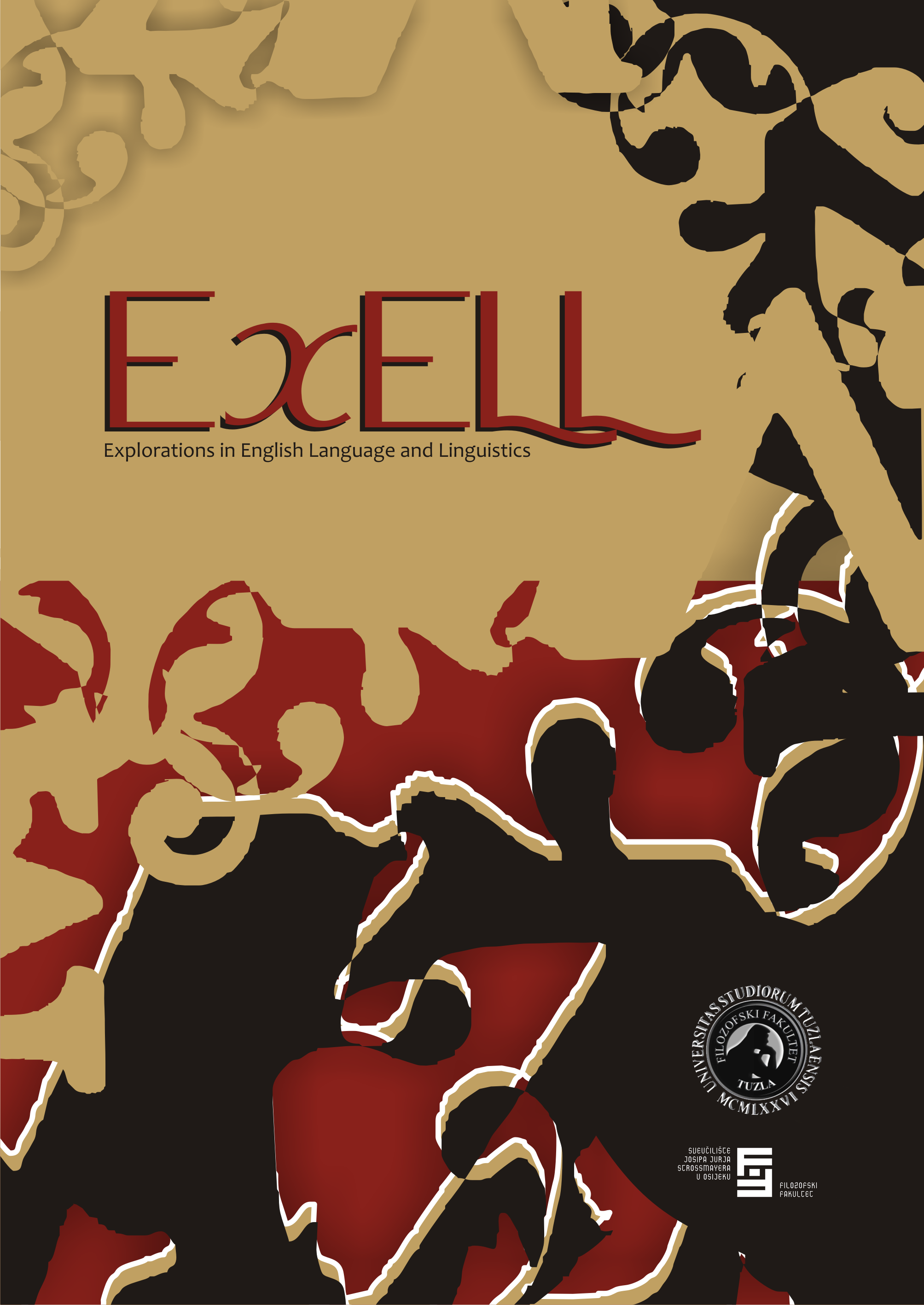Where cognitive linguistics meets paremiology: a cognitive-contrastive view of selected English and Croatian proverbs
Keywords:
proverbs, Cognitive Linguistics, universality, variationAbstract
This paper emphasizes the theoretical and empirical rewards of a rapprochement of Cognitive Linguis-tics and paremiology. Since earlier attempts at Cognitive Linguistic inroads into the paremiologist’s domain met with some resistance, it is important to reassess the potential of their cross-fertilization. By contrastively analyzing a selection of English and Croatian proverbs from a cognitive linguistic point of view, we intend to show that this combined agenda might actually be a win-win situation for both sides. The quest for universality/shared conceptual motivation typical of Cognitive Linguistics does not need to detract from the paremiologist’s folkloristic concerns. In fact, we propose cognitive linguis-tics as the framework for an integrated approach to studying both the universal and the culture-specific in proverbs. In this we join the large and growing number of cognitive linguists who advocate equal attention to the universal and the language-specific in cognitive linguistic scholarship (e.g. Brdar, Raffaelli, & Fuchs, 2012).
Downloads

Downloads
Published
How to Cite
Issue
Section
License
Copyright (c) 2025 ExELL

This work is licensed under a Creative Commons Attribution-NonCommercial-NoDerivatives 4.0 International License.







